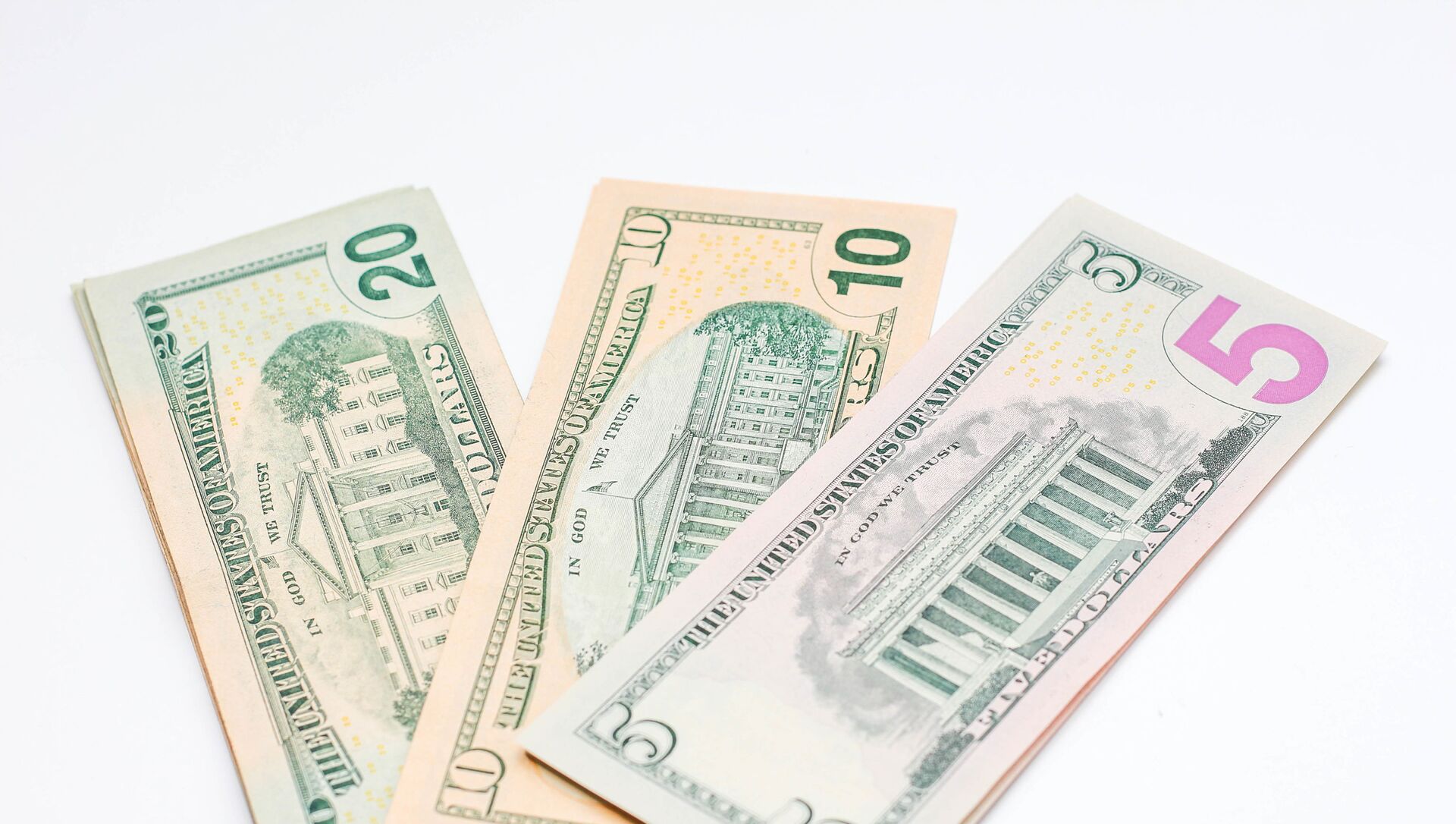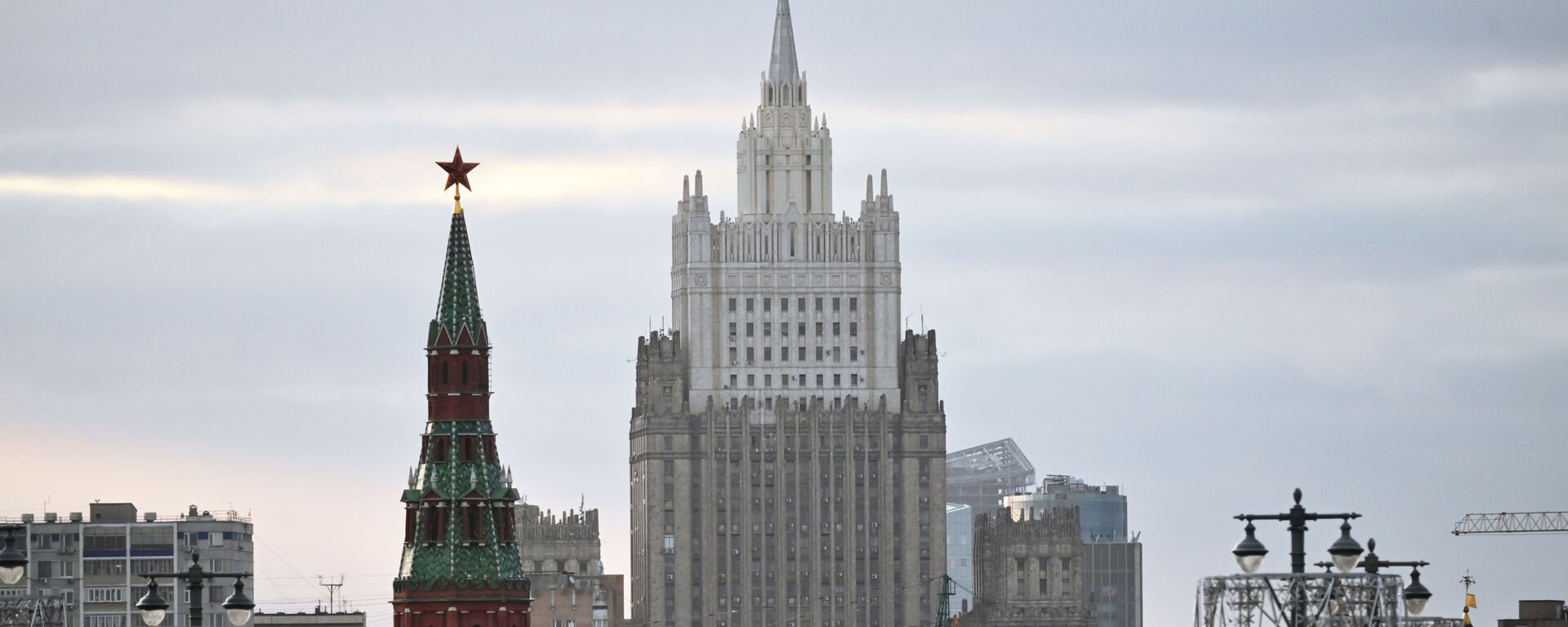“Russian dollar selloff also put a spotlight on the suddenly growing concern over inflation in the US,” Shostak said. “With so much stimulus money being pumped into the economy at a historical record level - almost $6trn since the beginning of the pandemics, many bankers are rightfully questioning the dollar's continuing dominance. Investors are worried that the money-printing machine will trigger inflation in the very near future.”
As a result, Shostak went on to say, many investors have drastically increased allocations in gold and other assets, including cryptocurrencies.
“While the dollar is now used in 88% of all currency trades and it still accounts for about 62% of global foreign exchange reserves, this is down from a peak of more than 85% in the 1970s,” he pointed out.
“While I don't believe that Bitcoin per se will be recognized by major central banks and sovereign funds as a true reserve asset, in private transactions it will be seen as a major alternative to gold and commodities.”
On Thursday, Russian Finance Minister Anton Siluanov said that the ministry will introduce changes to the structure of the National Wealth Fund within a month, mentioning that the share of the US currency will decrease to zero. The share of the British pound sterling will drop to 5 percent, the share of Japan's yen will remain unchanged at 5 percent, the share of euro will grow to 40 percent and the share of yuan will grow to 30 percent, according to the minister.


